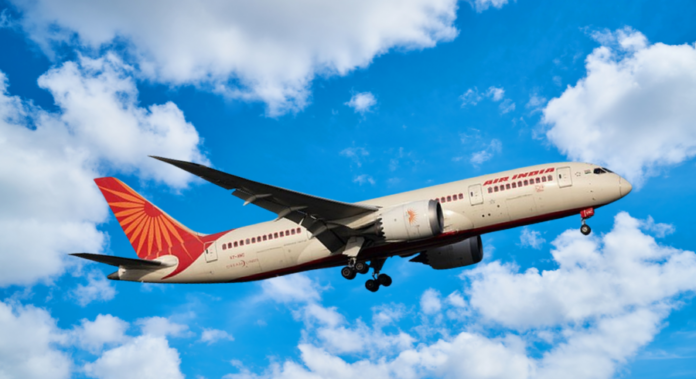Air India CEO Campbell Wilson has said that the airline is facing significant financial losses due to Pakistan’s airspace closure. The ban, implemented in response to India’s missile attacks on Pakistani territory, has resulted in longer flight times and increased operational costs.
In an interview with Bloomberg, Wilson said flights to Western countries are now taking an additional hour, adding to the strain on the airline’s profit margins.
Despite the challenges, Wilson stated that Air India has managed to keep operations running smoothly, although the added fuel usage, increased crew costs, and route changes have considerably raised expenses. The CEO acknowledged that the airspace closure has particularly impacted their direct flight routes.
The dispute between the two countries began after India launched missile strikes on Pakistani territory, citing a security operation in Pahalgam. Pakistan responded with a counterattack, reportedly shooting down six Indian fighter jets, including Rafale aircraft, and destroying key military assets like the S-400 defence system.
As a result of the airspace closure, Air India is incurring daily losses exceeding Rs.200 million (approximately Rs660 million). The airline has formally requested compensation from the Indian government for the financial impact. Alternate flight routes are also contributing to delays and congestion in international airspace.
This situation underscores the direct impact of geopolitical tensions on civil aviation, with Air India facing mounting financial pressures as it continues to operate on longer flight paths. Unless diplomatic relations improve, the airline and its passengers will likely continue to bear the consequences.




